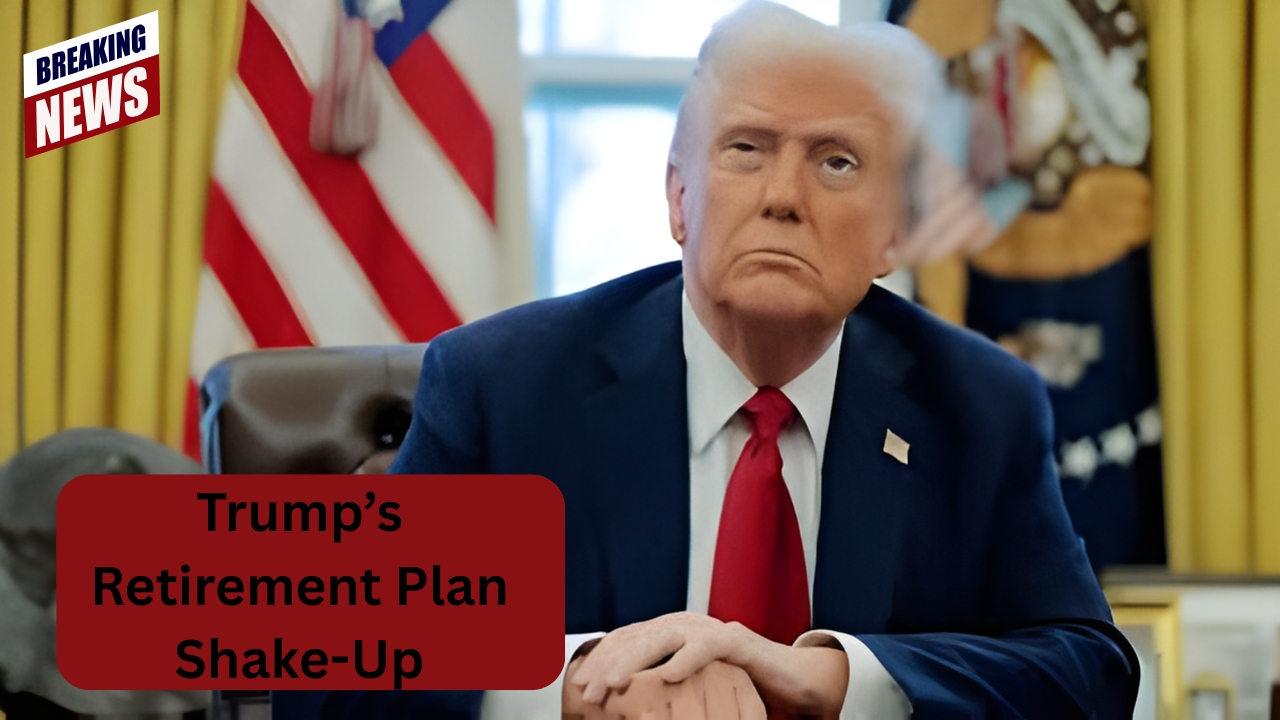In 2025, President Donald Trump signed an executive order allowing 501(k) plans and other workplace retirement plans to invest in private equity and other alternative assets such as cryptocurrencies and real estate. This change opens up high-return investment opportunities, previously restricted to high-income and institutional investors, to millions of Americans preparing for retirement.
What Does This Mean?
- 501(k) and defined contribution (DC) plans can now invest in privately-owned companies through private equity.
- Federal agencies, including the Department of Labor (DOL) and SEC, are tasked with updating rules and guidelines to allow these investments while maintaining fiduciary accountability.
- Trillions of dollars in retirement funds may now flow into alternative investments that offer higher potential returns but come with higher risks, reduced liquidity, and potential penalties.
- Employer-sponsored retirement plans can offer portfolios including private equity, cryptocurrencies, and real estate.
Potential Benefits
- Private equity may provide higher long-term returns than traditional stocks and bonds.
- Portfolio diversification: inclusion of illiquid assets may reduce overall portfolio volatility.
- Democratization of investing: average retirement savers gain access to opportunities previously reserved for the ultra-rich.
Risks and Concerns
- Private equity investments are typically long-term and illiquid.
- Higher management fees and reduced transparency compared to traditional funds.
- Complex investment structures may be difficult for average investors to understand.
- Critics express concern over potential inadequate investor protection.
Timeline and Next Steps
- Federal agencies have 180 days to issue regulatory guidance on fiduciary duties and investment standards.
- Employers and plan providers will gradually implement alternative investments.
- Future amendments may further define or limit private equity inclusion in retirement plans.
| Aspect | Details |
|---|---|
| Executive Order Date | August 7, 2025 |
| Responsible Agencies | Department of Labor, SEC |
| Investment Options | Private equity, cryptocurrencies, real estate |
| Benefits | Potential for higher returns, portfolio diversification |
| Risks | High fees, complexity, illiquidity, reduced transparency |
| Investor Protections | To be clarified by future regulations |
FAQs
Q: Can all 501(k) participants invest in private equity now? A: Not immediately. Federal agencies are developing guidelines to enable this gradually.
Q: What are the risks of private equity in retirement accounts? A: Risks include high fees, reduced transparency, and potential illiquidity.
Q: Why is this change significant? A: It opens high-return investments, previously reserved for wealthy investors, to ordinary retirement savers.
The 2025 executive order represents a transformative change in retirement investing, providing 501(k) plans with new avenues for growth while introducing additional complexity and risk management requirements. This could reshape how future generations prepare for retirement.



